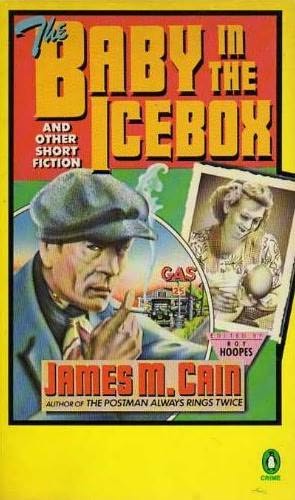
I didn't tell you about the interview I had last week with the prep school. You may remember from a previous post that they had considered me (without my knowledge) for a teaching post a couple of years ago, and they tracked me down through the English department last month. Anyway, I agreed to go in for a series of interviews on Tuesday. It was weird.
On the way there I nurtured fantasies of a Dead Poets Society sort of gig (but without any student suicide and subsequent firing). You know, eating my lunches in a posh, mahogany-panelled room in between classes in which I found new ways to inspire my students by standing on furniture. That all seemed ok, I figured, if I got paid enough.
Well, I arrived and discovered no one had put much planning into my visit. The chair of the department had sent me an e-mail Monday afternoon--less than a day before the interview--informing me that I would teach a class on
The Scarlet Letter. Good thing I reread it (a couple of years ago).
Because I am a bit of a planner, and because I did not care to look like an ass in front of a room full of students, I worried over the lesson. I spent the evening looking at crucial chapters and planning a discussion before going to bed. Then I awoke at 3 AM and neurotically rehearsed said lesson until the alarm rang at 6:30 AM.
So, after my unpleasant night with Hester Prynne, I arrived at the sprawling, 25-acre campus and jauntily strode to the main office--it was 8 AM, sharp. The chair of the department introduced himself and then promptly dropped me off in a colleague's empty classroom where I could wait. And wait. I guess they weren't ready for me.
45 minutes later, he retrieved me and thrust an itinerary into my hand. When we set up the interview, I was told I would be there from 8 AM until noon. The itinerary showed meetings until 2:30 PM. Sigh.
If only I had known that the itinerary was not real. Some of the meetings would be moved around, and one would be cancelled. I still had to roam the campus until after 2 PM, awash in confusion. I've seen more organization in single-celled bacteria.
Anyway, I met with the whole department for a chat in an enormous room which did, in fact, have mahogany panelling. I liked the younger people. There was an old-timer, as well, who has been teaching at the school for 34 years--after having a previous career at another school in New England! He is a great big guy, broad-shouldered and well over six-feet tall, but can best be described as doddering.
The only remotely Dead Poets Society-esque moment came when I taught. I gave a lesson to a group of sophomores, and they were excellent. They were, in fact, better than any college students I've ever had. Of course, the tuition at this high school runs about
$12,000 per year more than my former college students' tuition, so they'd better be good. In fact, the students should probably have valets following them around, brushing off their sportcoats and carrying their books for them.
Later on I met the Head of School. Apparently she had decided to hate me before we met. I sat down in her office, and, after saying "hello," she asked me what I could possibly know about teaching in an "independent prep school" anyway? The hostility in her voice was disconcerting.
I replied that I helped to design and found a high school in California. (A damn fine college prep school, in fact.) In the middle of my sentence, though, she waved her hand dismissively at me and muttered, "Yes, yes; I read your resume."
Okey-dokey.
Somehow, I managed to struggle on. It turns out she's moving to a new job in Southern California. To the same ultra-rich town in which I grew up, in fact. She started to warm to me, which made me feel creepy. The conversation got around to the California state senator who wanted to hire me as a campaign advisor and sent me packing for graduate school in terror over the offer. At this point, the woman seemed genuinely impressed that I'd turned down a political career for academics. Things were going swimmingly.
Then the chair of the English department walked in and said I had to get to another meeting. The Head of School made the same sort of dismissive hand sweep that she'd used on me just ten minutes earlier. "Get out," she said to him, "I knew you were lingering out there!"
Then, with him standing just outside the open door directly behind me, she inveighed against him. Railed against him, really. "I hate lingerers!" she said. "He's a lingerer--always hanging outside my door! Don't you hate that type?"
I thought, "What the hell am I supposed to say?" I said nothing. You might say I felt uncomfortable.
Then it was back to lunch, eating a prepared meal in the panelled room and listening to my potential colleagues making jokes about the students. This time, they were discussing the giving out of awards.
Again, I sat silently.
By the time I got home, I was sick. I mean truly, physically sick. I spent three days with the flu. Coincidence? You decide.
Well, there has been no mention of money--but it would have to be more than the typically poor private school pay for me to give up my writing life and teach there. Harumph, I say.































